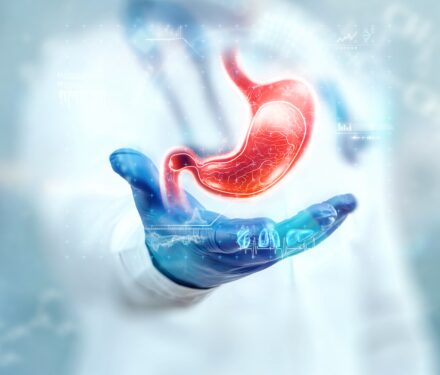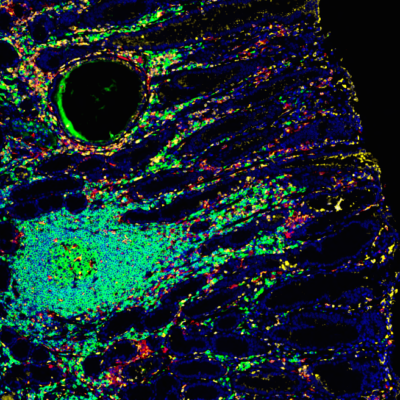Stomach cancer trigger revealed
By Rob Clancy, staff writer
Researchers in Melbourne have uncovered a stomach cancer trigger, providing vital clues to the origins of the world’s third-most-common cancer.

Every year about 2,400 Australians are diagnosed with stomach cancer, also known as gastric cancer, with men twice as likely as women to develop the disease.
Its five-year survival rate is only around 30 per cent, partly due to the fact that diagnosis often occurs when the cancer is already advanced.
New treatment possibilities
A major risk factor is infection with the bacteria Helicobacter pylori, and now researchers at Hudson Institute have identified a protein that appears to play a key role in the development of cancer in people infected with those bacteria.
Professor Brendan Jenkins believes that identifying this trigger protein, created by the body’s own defence system, opens up exciting possibilities in the treatment of stomach cancer.
“Toll-like receptor 9, or TLR9, is a protein of the body’s immune system that was originally identified as being important in controlling inflammatory responses,” Prof Jenkins said.
Dramatic reduction in early stomach tumours
“We have now made the exciting discovery that, by disabling the action of this gene, we prevent the production of the TLR9 protein and this dramatically reduces the early development of stomach tumours.
“That means we can now focus attention on managing TLR9 production as a treatment pathway to potentially halt the early development of stomach cancer,” he said.
This study will be published in the prestigious journal Cellular and molecular gastroenterology and hepatology.
Collaborators | Monash University; Kanazawa University, Japan
Contact us
Hudson Institute communications
t: + 61 3 8572 2761
e: communications@hudson.org.au
About Hudson Institute
Hudson Institute’ s research programs deliver in three areas of medical need – inflammation, cancer, women’s and newborn health. More
Hudson News
Get the inside view on discoveries and patient stories
“Thank you Hudson Institute researchers. Your work brings such hope to all women with ovarian cancer knowing that potentially women in the future won't have to go through what we have!”






